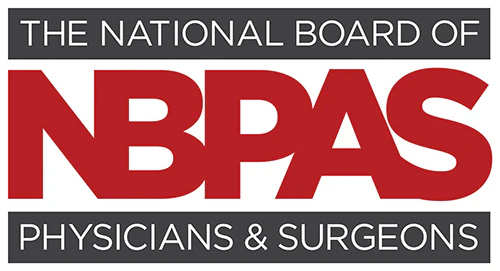Depression, also known as major depressive disorder (MDD) or clinical depression, is listed as a medical illness in the Diagnostic and Statistical Manual of Mental Disorders, Fifth Edition (DSM-5) and is recognized as a serious mood disorder.
The World Health Organization (WHO) explains that depression is “characterized by persistent sadness and a lack of interest or pleasure in previously rewarding or enjoyable activities,” resulting in significant impairment in one’s daily life. MDD is a complex psychiatric disorder that affects mood, cognition, behavior, and impedes adaptive functioning. Harvard Medical School explains that the most prominent symptoms of MDD include a severe and persistent low mood, profound sadness, or a sense of despair. Major depressive disorder is recognized as the leading cause of disability in America for individuals between the ages of fifteen to forty-four years old.
How To Help
It is important to bear in mind that you are not to blame for your loved one’s depression, nor are you responsible for their happiness. Nevertheless, it can be incredibly difficult to witness a loved one suffer from depression, and often the feelings of helplessness for a bystander can be overwhelming. Fortunately, there are many ways to support a loved one going through depression. Consider the following:
- Start by learning all you can about depression and how to best talk about it with your loved one.
- Maintain open lines of communication.
- Make sure to express sincere concern without judgment for your loved one’s wellbeing.
- Be compassionate and kind.
- Have patience; recovering from depression does not necessarily have a linear trajectory.
- Lead by example and engage in healthy daily habits to demonstrate how physically taking care of your body can improve mental health. Role model things like:
-
- Eating nutritious meals
- Avoid smoking, alcohol, and other drugs
- Staying hydrated and drinking plenty of water
- Getting enough sleep
- Exercising regularly
-
-
- Encourage your loved one to return to things that made them happy in the past. Although a common symptom of depression is being unable draw joy from previously enjoyed pastimes, going through the motions of engaging in hobbies or activities that were once fulfilling can be comforting and a familiar reminder that life has the potential to be brighter.
- Be on the lookout for warning signs that may indicate the need for professional guidance.
-
As much as you may want to, you cannot control someone else’s recovery from depression. However, your support, companionship, and encouragement can play an important role in your loved one’s recovery.
Further Information and Support
The challenges that arise from living with mental illness can quickly become all-consuming and impossible to navigate. Proper diagnosis and treatment can significantly improve one’s overall well-being and quality of life. Seeking help is never easy, but you are not alone! We at Arizona Psychiatric Health, believe in the uniqueness and complexity of every individual. We strive for excellence in systematic evaluation; and provide unparalleled psychiatric services that focus on professionalism, compassion, discretion, and optimal outcome to ease the pain of mental illness, and to help our patients achieve their fullest potential.
If you or someone you know needs mental health treatment, we strongly encourage you to pursue professional guidance as soon as possible. We are available to answer any questions and are certainly happy to discuss how we might best be able to help you or your loved one cultivate a healthy, authentic, and fulfilling life that both promotes and supports true wellness. Feel free to contact us by phone at 602-883-2318 or via email. We look forward to supporting you on your journey.






